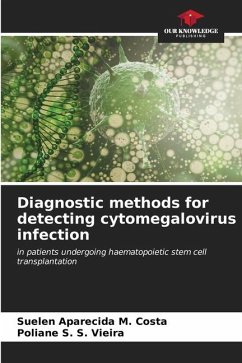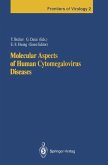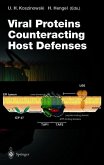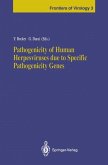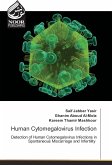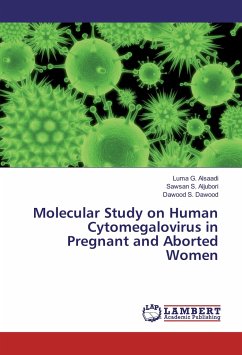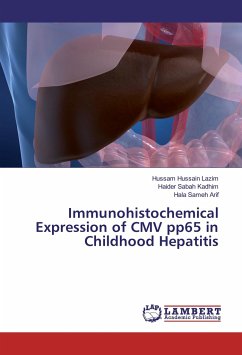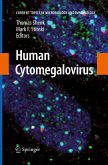Haematopoietic stem cell transplantation is characterised by the elimination of the patient's entire haematopoietic and immunological system by means of chemotherapy, whether or not associated with radiotherapy sessions, with subsequent replacement of the non-functioning cells with other stem cells, either from the patient themselves or from another individual, with the aim of re-establishing the normal physiological functions performed by the same. It is a therapeutic alternative for patients with various malignant and non-malignant diseases. As a result of the weakened immune system required to carry out the transplant, infections are complications that jeopardise the patient's quality of life. One of the most common infectious agents is the human cytomegalovirus, which causes a substantial increase in morbidity and a reduction in the patient's chances of recovery and life. The aim of this study was to verify which diagnostic methods are viable for detecting human cytomegalovirus infection in patients undergoing haematopoietic stem cell transplantation and the respective clinical variables that can influence their survival.
Bitte wählen Sie Ihr Anliegen aus.
Rechnungen
Retourenschein anfordern
Bestellstatus
Storno

